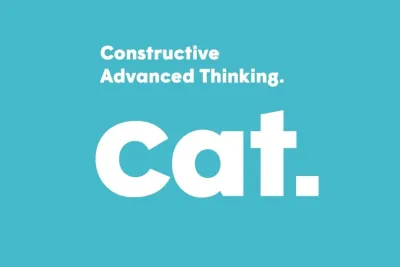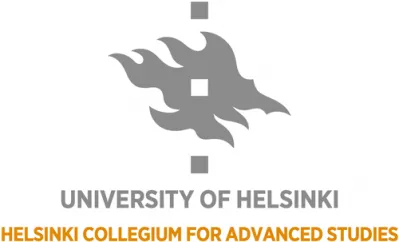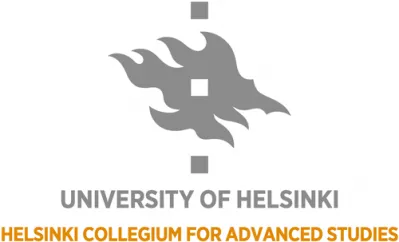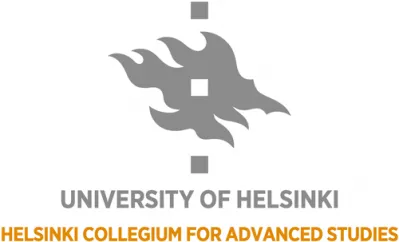The aim of the CAT initiative is to foster networks of excellent early-career researchers dedicated to devising new ideas to understand and to tackle current or emerging societal challenges. Although the programme has a strong focus on the societal relevance of the projects, it is entirely blue sky, bottom-up and non-thematic. CAT encourages a collaboration with stakeholders outside academia (industry, policymakers, NGOs…) who are willing to support or engage in innovative research initiatives.
In order to engage in fruitful discussions and mature their ideas, the groups will be given the opportunity to meet for short stays in different participating institutes, and to be put in contact with the institutes’ fellows and local research communities.
With few guidelines and a very light application process, CAT is designed to maximize the creativity of research groups. This call has been incubated in the Network of European Institutes for Advanced Study (NETIAS) and also involves institutes beyond the network. The collaboration between several institutes in different countries aims at giving these groups access to a great variety of high-level thinkers and researchers in order to go beyond the current frontiers of knowledge and to develop highly innovative ideas on how to address very complex societal issues.
CAT will provide teams of early-career researchers (three to five persons) time and space for thought and discussion in the best research environments Europe has to offer. The groups may include one representative of a stakeholder organization related to the theme of the project. During a period of up to three years, teams will benefit from a series of short stays (i.e. between one and two weeks, two to three times a year, for a maximum of six stays) in institutes participating in the program (see list below). Online meetings and digital research stays at the institutes are possible alternatives to onsite stays and can complete the work and time plan of CAT groups.
CAT will cover travel and accommodation expenses for the team meetings/short work stays in the participating institutes. CAT will not fund salaries or research-related expenses.
The participating institutes will support the teams by connecting them with the most knowledgeable and experienced researchers onsite as well as digitally, and by helping them valorise the obtained results through their legitimating channels. During their stay, CAT teams will benefit from the institutes’ amenities and conviviality for work and exchanges. Discussions at the institutes will provide a unique sounding board for innovative ideas and will give valuable feedback.
At mid-term, the continuation of the institute’s support to the team’s work will be subject to approval after evaluation of a short progress report.
At the end of their project, in addition to the organization of (a) final meeting(s) presenting the results, the CAT teams will be expected to produce a final report in the form of a text, video, website or other media, that will be made public.
In keeping with the policies of the participating institutes, the researchers keep the intellectual property rights to their work.
The project must address emergent societal issues.
- The Principal Investigator (team leader) must have a stable research position in a European (EU as well as UK and associated countries) higher education and/or research institution for the entire duration of the project.
- S/he must have obtained a PhD between January 2016 and September 2025.
- No team member should have obtained his/her PhD before January 2016. Doctoral researchers may also participate.
- The eligibility can be extended beyond 10 years after the PhD for any member of the group for certain properly documented circumstances such as maternity and paternity leaves, clinical training, long-term illness, national service, natural disaster or seeking asylum.
- There is no specific diploma or age requirement for representatives of stakeholder organizations.
- Each team should include participants from at least two different countries (current workplace, including non-European countries; any nationality).
- The team of 3 to 5 persons (stakeholders included) must be fully constituted, with CVs of all members named in the proposal.
Deadline for applications: 14 October 2025, 15:00 CET
Successful applications will be notified by the end of January, 2026
Stays in participating institutes will take place between January 2026 and December 2028.




